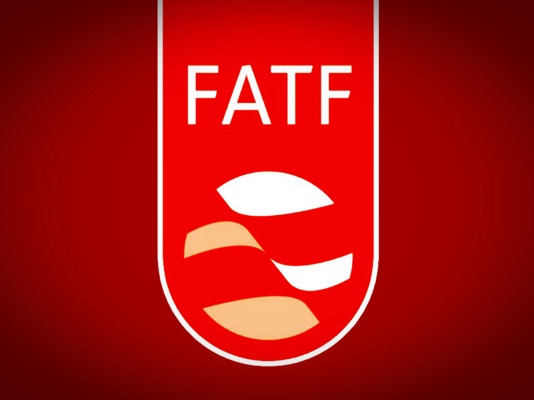In an open session on Wednesday, the legislators gave the thumbs up to the Parliament’s National Security and Foreign Policy Commission’s amendment to the first clause of the CFT bill after the supervisory Guardian Council announced some of the provisions needed to be changed.
The ratified amendment will now go to the Guardian Council again for approval.
Meanwhile, lawmakers did not accept the changes that the Guardian Council had demanded be made to the second clause of the bill. So, the second clause will be sent to the arbitrative Expediency Council, which will make the final decision on the controversy.
The bill is part of four sets of legislation proposed by the government of Hassan Rouhani to get the country out of the black list of the global anti-money laundering body, the Financial Action Task Force (FATF).
Two other bills had been approved by the parliament, but rejected by the Guardian Council. After the parliament refused to change the bills, they were referred to the Expediency Council, which is entrusted with acting as an arbiter between the two bodies.
The fourth bill, an amendment to the country’s law against financing terrorism, was earlier approved by the parliament and the Guardian Council, and signed into law by President Rouhani.
Iran entered into talks with the G7-created FATF to join the body following the January 2016 implementation of the JCPOA, the nuclear deal between Tehran and world powers.
However, Iran’s adoption of FATF standards has slowed down in recent months, over concerns among conservative politicians that the move could endanger Iran’s national security interests.
The FATF has requested Iran to implement necessary reforms until February 2019.
